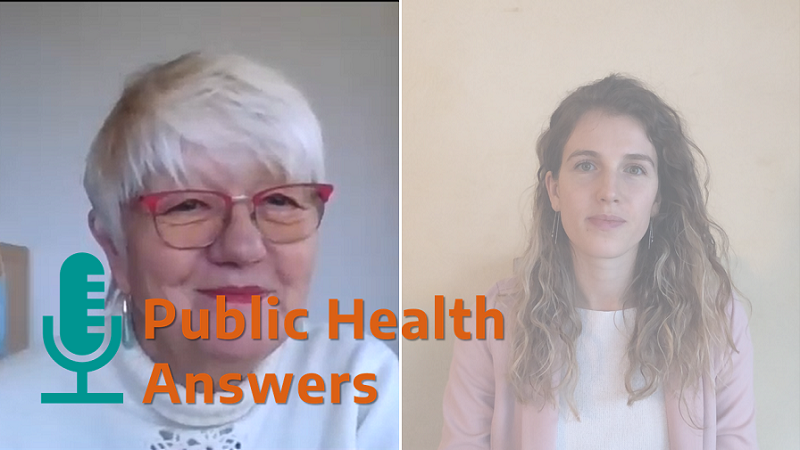
Public Health Answers: How Has the COVID-19 Pandemic Impacted Health Literacy?

Public Health Answers: How Has the COVID-19 Pandemic Impacted Health Literacy?
News
Jan 27, 2021
COVID-19 has led to rapid changes in behavior, reaffirming the need to understand and apply accurate health information. As we spend more time engaging with the world virtually, we are constantly confronted with false information, making health literacy a growing challenge to public health. The World Health Organization defines health literacy as the skill to improve personal and community health, by changing personal lifestyles and living conditions.
In this episode of Public Health Answers, we talk to Prof. Ilona Kickbusch, Founding Director of the Global Health Centre and Chair of the Graduate Institute for International and Development Studies Geneva, Switzerland, to know how COVID-19 has affected health literacy.
Click on the link below to watch the video on our YouTube. Let us know what you think and what questions you would like to ask public health experts. Share your thoughts and questions in the comments below the video.

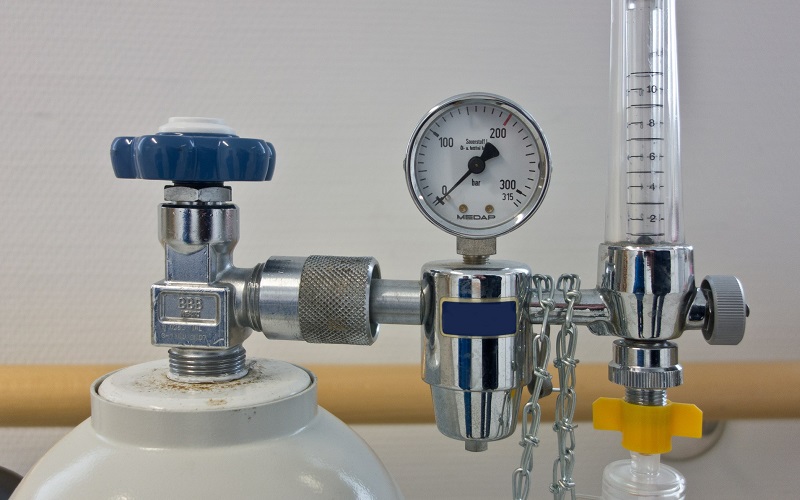
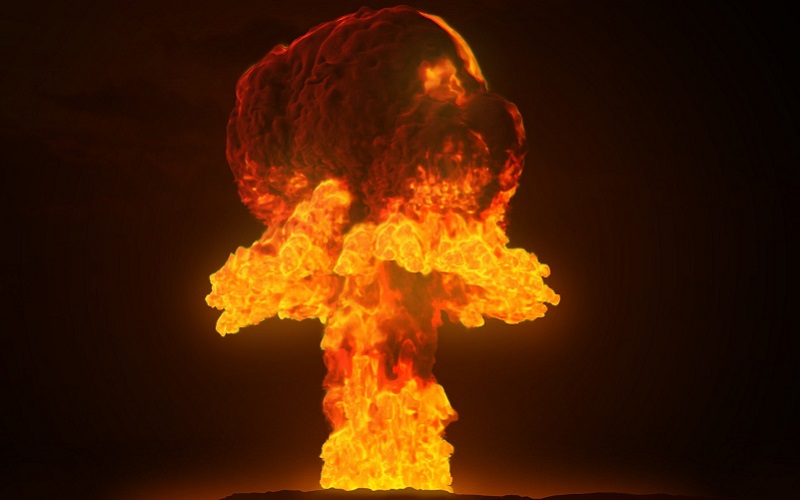
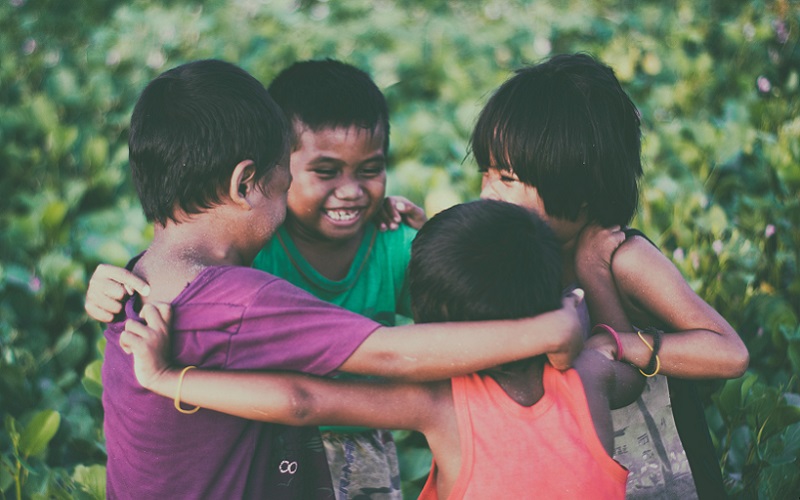
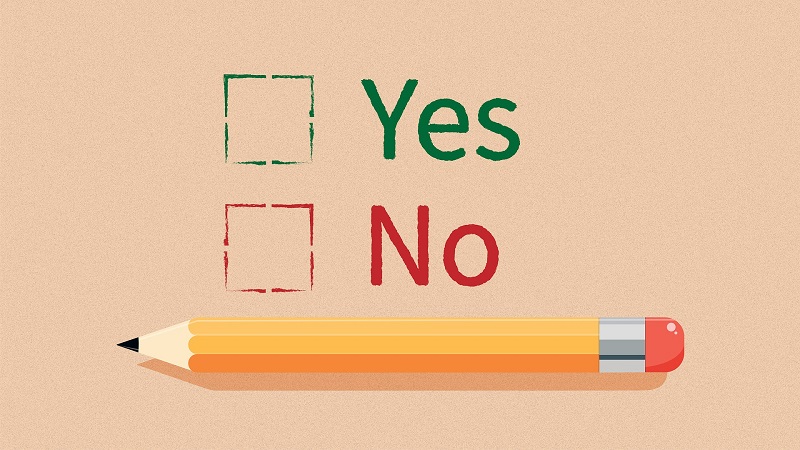

Recent Comments